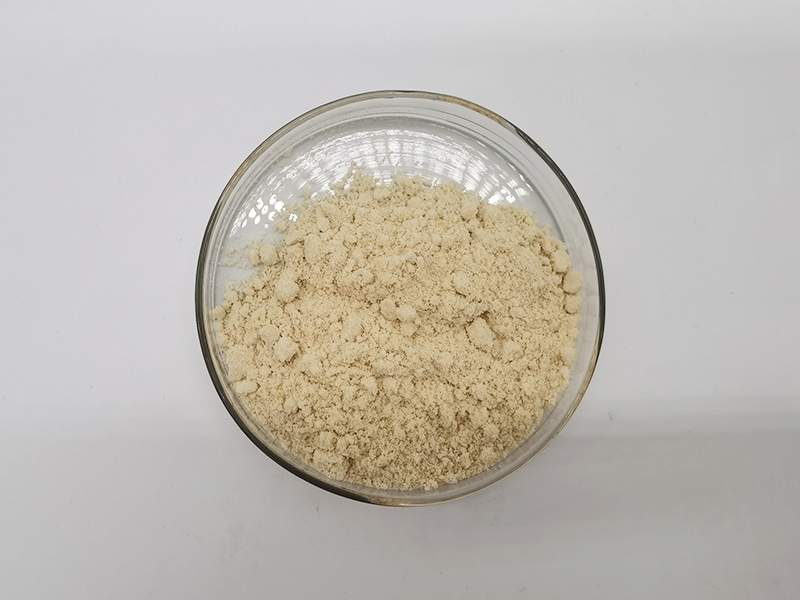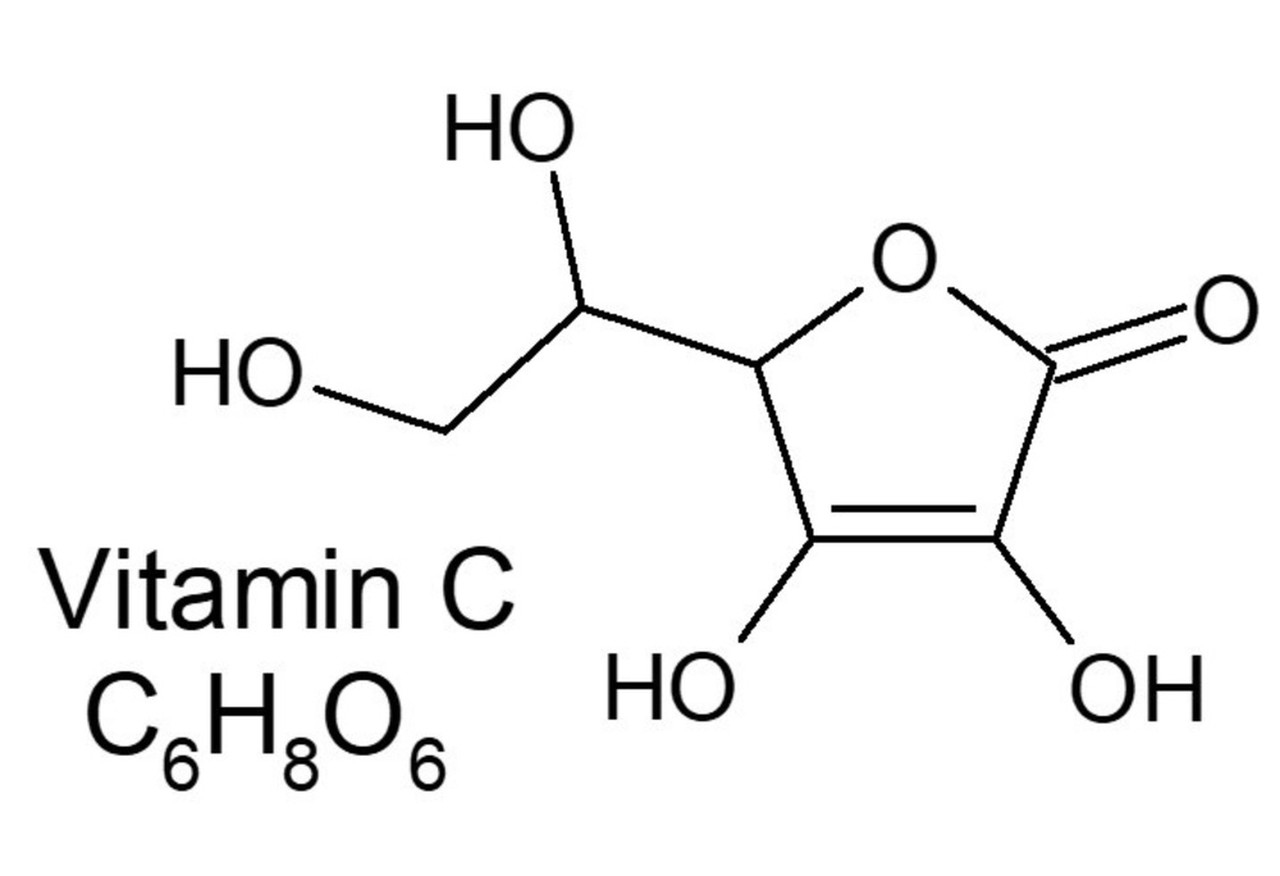Liposomal Vitamin C is a form of Vitamin C that uses liposomal encapsulation technology to enhance the delivery and absorption of the nutrient. This technology involves encasing Vitamin C in liposomes, which are tiny lipid (fat) spheres that can improve the bioavailability of the nutrient. Here’s a comprehensive overview of Liposomal Vitamin C:
1. What is Liposomal Vitamin C?
Liposomal Encapsulation:
- Liposomes are small, spherical vesicles composed of phospholipid bilayers. These structures mimic cell membranes and can encapsulate both hydrophilic (water-soluble) and hydrophobic (fat-soluble) substances.
- In liposomal Vitamin C, Vitamin C (ascorbic acid) is enclosed within these liposomes, which theoretically enhances its stability and absorption in the digestive tract.
2. Benefits of Liposomal Vitamin C
Enhanced Bioavailability:
- Traditional Vitamin C supplements are water-soluble and may be poorly absorbed in the gastrointestinal tract. Liposomes can protect Vitamin C from degradation and improve its absorption into the bloodstream.
- Some studies suggest that liposomal Vitamin C can provide higher blood levels of Vitamin C compared to non-liposomal forms.

Improved Cellular Uptake:
- Liposomes can fuse with cell membranes, allowing for more efficient delivery of Vitamin C directly into the cells where it is needed.
Reduced Gastrointestinal Irritation:
- High doses of non-liposomal Vitamin C can cause gastrointestinal issues like diarrhea. Liposomal Vitamin C may reduce this risk due to its improved absorption and reduced need for high doses.
3. Mechanism of Action
Liposome Structure:
- Liposomes consist of a phospholipid bilayer that can encapsulate and protect Vitamin C.
- This structure can shield Vitamin C from oxidation and degradation, which helps maintain its potency until it reaches the target cells.
Cellular Delivery:
- The phospholipid bilayer of the liposomes can merge with cell membranes, facilitating the direct delivery of Vitamin C into cells.
4. Scientific Research and Evidence
Studies on Bioavailability:
- Research indicates that liposomal Vitamin C can achieve higher and more sustained levels of Vitamin C in the blood compared to standard Vitamin C supplements.
- For example, some studies have shown that liposomal Vitamin C can increase plasma Vitamin C concentrations more effectively and for a longer duration.
Clinical Applications:
- Liposomal Vitamin C has been investigated for various health conditions, including immune support, cardiovascular health, and as a potential adjunct in cancer therapy.
- Some studies have suggested that it may have therapeutic potential in managing conditions like chronic fatigue syndrome and respiratory infections, though more research is needed.
5. Safety and Side Effects
General Safety:
- Liposomal Vitamin C is generally considered safe for most people when used at recommended doses.
- However, as with any supplement, it’s important to follow dosage recommendations and consult with a healthcare provider, especially if you have underlying health conditions or are taking other medications.
Possible Side Effects:
- Although less common with liposomal forms, high doses of Vitamin C can still cause gastrointestinal symptoms, such as nausea or diarrhea.
6. Comparison with Other Forms of Vitamin C
Ascorbic Acid vs. Liposomal Vitamin C:
- Ascorbic acid is the most common form of Vitamin C found in supplements but may have lower bioavailability and cause gastrointestinal issues at high doses.
- Liposomal Vitamin C is often preferred for its enhanced absorption and reduced gastrointestinal side effects.
Other Forms:
- Other forms of Vitamin C include sodium ascorbate, calcium ascorbate, and Vitamin C derivatives like ascorbyl palmitate. Each has its own absorption and efficacy profile.

7. Practical Considerations
Dosage:
- Typical dosages for liposomal Vitamin C can vary based on individual needs and product formulations. Common doses range from 500 mg to 2,000 mg per day.
Storage:
- Liposomal Vitamin C should be stored according to manufacturer instructions, often in a cool, dark place, to maintain stability and efficacy.
Cost:
- Liposomal Vitamin C supplements are generally more expensive than standard Vitamin C supplements due to the complexity of the encapsulation process.
8. Conclusion
Liposomal Vitamin C represents an advanced form of Vitamin C supplementation with potentially improved absorption and bioavailability. While it offers several advantages over traditional Vitamin C supplements, it’s important to consider individual health needs, consult with a healthcare professional, and weigh the cost and benefits before making a decision. As always, more research is needed to fully understand the long-term effects and benefits of liposomal Vitamin C in various health contexts.
